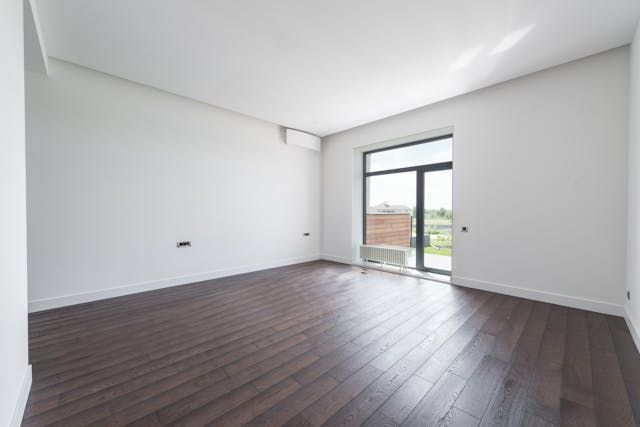Ensuring Safety in Rental Property
Ensuring safe living conditions for tenants in rental properties is crucial. Property owners are responsible for maintaining the structural integrity of the property, conducting regular inspections, and promptly addressing any safety concerns raised by tenants.
Listed below are some safety-related tips for property owners:
Fire Safety Measures
Fire safety is of utmost importance in rental properties. Property owners should take preventive measures including creation of protocols to follow in case of a fire outbreak. The rental units should be equipped with properly functioning smoke detectors and carbon monoxide alarms. Rental property can be equipped with fire extinguishers, and tenants can be educated and provided a written set of fire safety protocols to promote a safe living environment.
Secure Entry Points
Another essential aspect of tenant safety is securing entry points to the rental property. High-quality locks should be installed on all entry doors and windows to prevent unauthorized access and protect tenant privacy. Additionally, security cameras or motion sensor lighting can be used to enhance the property's security.
Adequate Lighting
Adequate lighting in common areas, stairwells, and parking lots is essential for tenant safety and security. Sufficient lighting in these areas minimizes the risk of accidents and prevents criminal activity. Installing motion sensor lights can be an effective way to promote energy efficiency and enhance convenience.
Clear Emergency Exits
Ensuring tenant safety requires clear and unobstructed emergency exits for swift evacuation during emergencies. Property owners must diligently maintain these exits, keeping them free from clutter or obstruction.
Regular Maintenance Inspections
To ensure a safe living environment for tenants, property owners should conduct regular maintenance inspections. These inspections should cover different aspects of the property, such as electrical systems, plumbing fixtures, and structural elements. By quickly addressing maintenance issues like faulty wiring, plumbing leaks, or structural weaknesses; property owners can reduce the risk of accidents and ensure that the property remains in good condition.
Tenant Screening Process
Implementing a thorough tenant screening process is essential for establishing a secure and harmonious rental community. This involves verifying references, conducting background checks, and assessing the suitability of potential tenants for the rental property.
Disaster Preparedness Plan
Property owners should outline procedures for various emergency scenarios, including natural disasters like earthquakes or hurricanes Providing tenants with emergency contact information and resources will promote preparedness for unforeseen circumstances, contributing to a secure living environment.
Prioritizing safety not only safeguards the property owner's investment but also builds trust and satisfaction among tenants, ultimately contributing to a positive rental experience for all parties involved.
To know more, visit Hunter Rentals & Sales at 1503 W Stan Schlueter Loop, Killeen, TX 76549, United States, or call (254) 634-3311. You can also browse at
www.hunterrentals.com and connect on Facebook or Instagram for latest updates.







